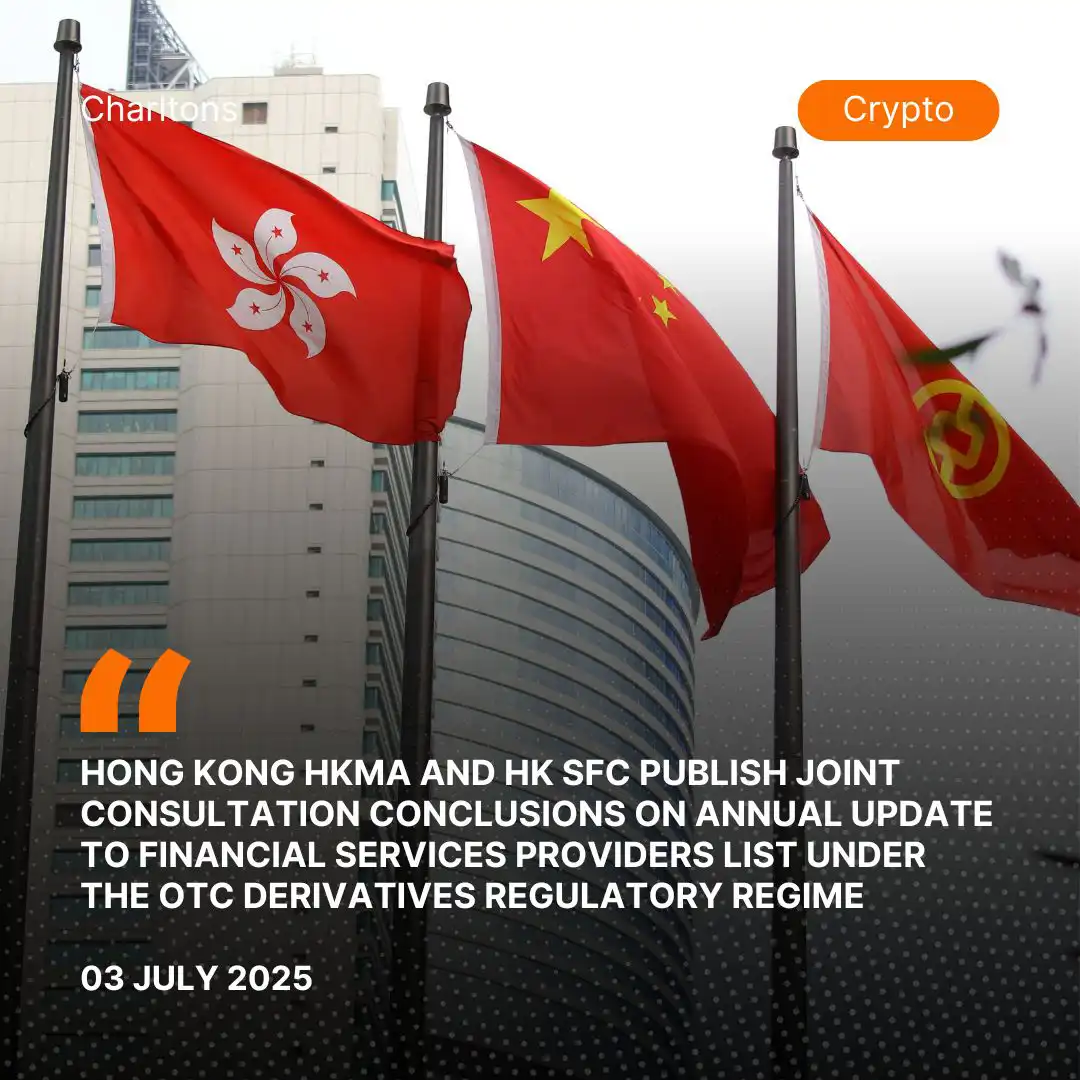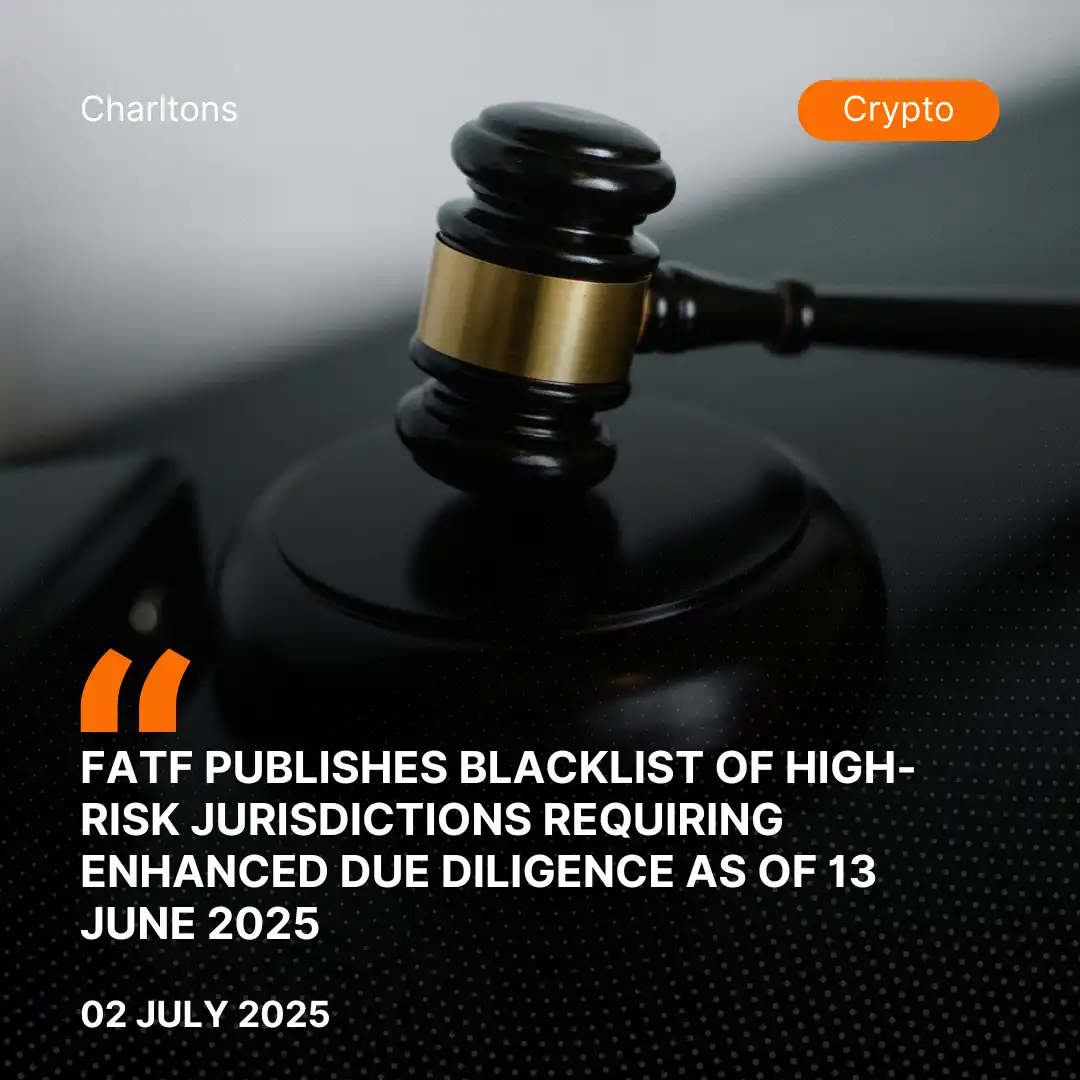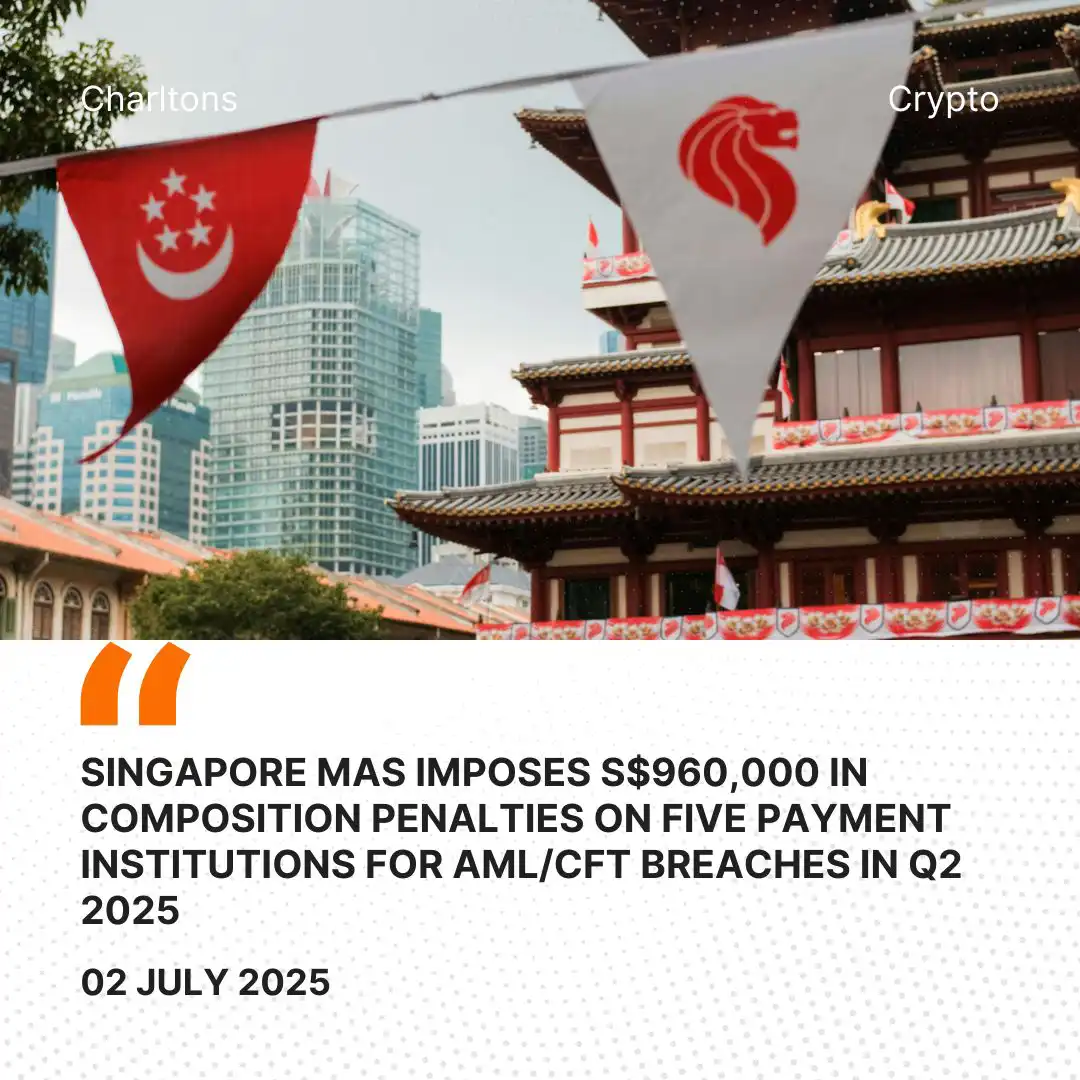
On 18 November 2024, the United States Securities and Exchange Commission, under the jurisdiction of United States federal securities laws, initiated cease-and-desist proceedings against BIT Mining Ltd., formerly known as 500.com Limited. The proceedings revealed an alleged bribery scheme perpetrated by the company, involving violations of the United States Foreign Corrupt Practices Act, fraudulent financial practices, and failures in maintaining internal accounting controls. This case exposes misconduct in international business dealings and discusses the consequences of undermining legal and regulatory frameworks.
BIT Mining Ltd., previously operating as 500.com Limited, was an online sports lottery service provider incorporated in the Cayman Islands and headquartered in Shenzhen, China. After Chinese regulatory changes in 2015 halted its primary business, the company sought to pivot by entering Japan’s Integrated Resort casino market, which was legalised in 2016. Between 2017 and 2019, the company engaged in a widespread bribery scheme to influence Japanese government officials to support its bid for casino licensing. The scheme included approximately two and a half million dollars in illicit payments made through sham consulting contracts, cash bribes, and extravagant trips for officials. The company’s attempts to enter the Integrated Resort market ultimately failed when the bribery scheme was exposed in late 2019.
BIT Mining Ltd. was rebranded from 500.com in 2021 after transitioning to a cryptocurrency mining business. It is now headquartered in Akron, Ohio, and its American Depositary Shares are registered with the United States Securities and Exchange Commission and traded on the New York Stock Exchange under the ticker BTCM.
On 15 April 2015, regulatory changes in China suspended 500.com’s online lottery operations. This caused a significant decline in revenue, prompting the company to seek new opportunities. On December 15, 2016, Japan’s National Diet passed the Integrated Resort Promotion Act, lifting the long-standing ban on casinos and legalising gambling in the country. By 2017, 500.com hired consultants and established a subsidiary, 500.com Nihon, to pursue casino development opportunities in Japan. Over the next two years, the company executed its bribery scheme to influence Japanese officials. However, in late 2019, Japanese prosecutors uncovered the misconduct, leading to charges against the company’s consultants and implicated officials. BIT Mining Ltd. exited the lottery business in 2021 and adopted anti-bribery reforms in the aftermath.
Under Section 30A of the Exchange Act of 1934, the United States Securities and Exchange Commission found that 500.com made corrupt payments to foreign officials, violating the Foreign Corrupt Practices Act’s anti-bribery provisions. To gain access to Japan’s Integrated Resort market, the company funneled bribes through sham consulting agreements and disguised payments as lecture fees, travel expenses, and advisory services. These transactions utilised United States-based email providers and banking systems, further entrenching the company’s violations under United States jurisdiction.
The United States Securities and Exchange Commission determined that the company violated Section 13(b)(2)(A) of the United States Exchange Act by failing to accurately record these transactions in its financial books. Payments were misclassified under legitimate business expense categories such as management fees, advisory services, and travel reimbursements.
Furthermore, the United States Securities and Exchange Commission found that 500.com violated Section 13(b)(2)(B) by failing to establish and maintain adequate internal accounting controls. Consultants were engaged without proper due diligence or verification of services rendered, and employees were authorised to execute payments without documented deliverables. These deficiencies facilitated the execution of the bribery scheme.
The enforcement action against BIT Mining Ltd. required the company to pay a US$3 million civil penalty within fourteen days and to cease any future violations of the relevant provisions of the United States Exchange Act. The order further discussed BIT Mining Ltd.’s cooperation in the investigation and its implementation of remedial measures, including the dismissal of executives responsible for the misconduct, the adoption of enhanced compliance policies, and the provision of anti-corruption training. The United States Securities and Exchange Commission acknowledged these efforts but emphasised the gravity of the company’s prior actions.
Charles E. Cain, Chief of the SEC Enforcement Division’s FCPA Unit in his statement stated: “Investors must have confidence that the operations and performance of public companies reflect merit and legitimate considerations. Bribery and corruption turn that dynamic on its head, distorting the orderly operation of the markets and undermining investor confidence, here, 500.com’s deficient controls fostered an environment that enabled a bribery scheme involving the highest level of the company and influential Japanese officials. This case underscores the need for robust internal accounting controls that are properly implemented and effective throughout an organisation.”
In a related development, on 18 November 2024, the United States Department of Justice announced that it has reached a deferred prosecution agreement with BIT Mining, under which the company will pay a US $10 million criminal fine. As part of this agreement, US $4 million of the fine will be credited toward the civil penalty imposed by the United States Securities and Exchange Commission under its order.
The investigation by the United States Securities and Exchange Commission was led by Denise Hansberry and Maria F. Boodoo, under the supervision of Tracy L. Price from the US SEC’s Foreign Corrupt Practices Act Unit.
(Source: https://www.sec.gov/newsroom/press-releases/2024-180, https://www.sec.gov/files/litigation/admin/2024/34-101649.pdf)





